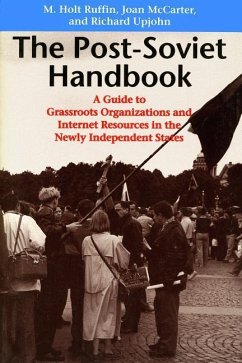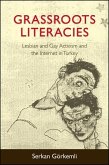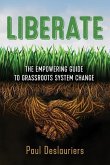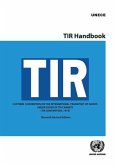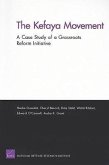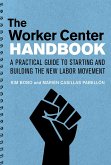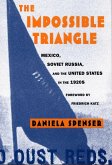The Soviet Union's demise in 1991 resulted in 15 independent nations and a legacy of crime and corruption, public insecurity, and even civil wars. More positive and lasting, if less visible, has been the formation of dynamic new organizations by public-spirited citizens working to make their institutions more humane, their economies more productive, their environments cleaner, and their legal systems more just. The Post-Soviet Handbook documents the enormous variety of these grassroots initiatives. It is the only guide of its kind, identifying and describing the real architects and builders of democratic progress across this vast and pivotal region, from the Research Center for Human Rights in Moscow to the Red Crescent Society in Azerbaijan and the Wildlife Foundation in Khabarovsk. It provides extensive contact information for hundreds of independent associations, and describes their principal programs and activities. This compendium is an essential resource for scholars, policy makers, business leaders, activists and anyone interested in collaborative projects with these groups. In addition, a special section introduces the abundance of Internet resources related to the newly independent states (NIS), from electronic mailing lists to World Wide Web and Gopher sites, as well as utilities for moving from Latin characters to Cyrillic and vice-versa. Other sections provide contact information for more than 20 clearinghouse organizations and describe more than 150 projects in the NIS created by U.S.-based entities, ranging from cultural exchanges to financial sector reforms and housing development.

